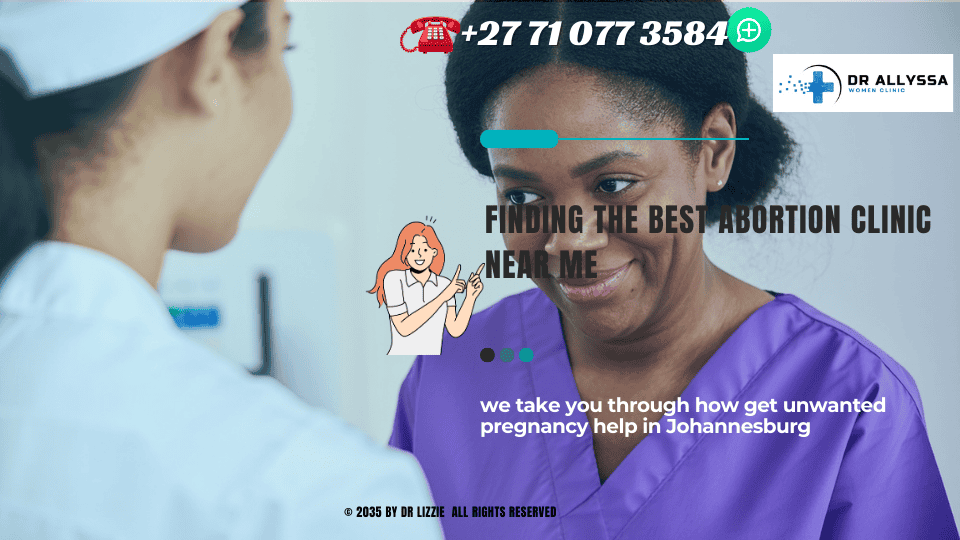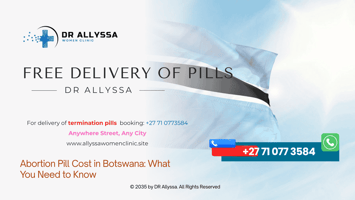Navigating the available safe abortion methods in Botswana is crucial for making informed...
Navigating Abortion Services and Legalities in Botswana

Navigating the complex landscape of abortion services in Botswana can be daunting, but understanding your options is crucial for making informed healthcare decisions.
Understanding Abortion Laws in Botswana
In Botswana, the legal framework surrounding abortion is restrictive compared to many other countries. The Botswana Penal Code outlines specific circumstances under which abortion is permitted. These include situations where the pregnancy poses a risk to the life or physical health of the mother, cases of severe fetal abnormalities, or pregnancies resulting from rape or incest. Understanding these legal stipulations is crucial for anyone seeking an abortion in Botswana.
It’s important to consult with a healthcare provider to understand the legal processes and to ensure that all necessary documentation and approvals are in place. This step is essential to ensure that the procedure is carried out legally and safely.
Where to Find Reputable Abortion Clinics
Finding a reputable abortion clinic in Botswana can be challenging due to the limited number of facilities that offer these services legally. It is essential to seek clinics that are recognized and authorized by the Ministry of Health and Wellness.
Reputable clinics will have licensed medical professionals and will adhere to the legal requirements set by the government. It's advisable to seek recommendations from trusted healthcare providers or organizations that specialize in reproductive health to ensure you are accessing safe and legal services.
What to Expect During the Procedure
The procedure for abortion can vary depending on the gestational age and the method chosen. Medical abortions involve taking prescribed medication to terminate the pregnancy and are usually recommended for early pregnancies. Surgical abortions, such as Manual Vacuum Aspiration (MVA) or Dilation and Curettage (D&C), are performed by healthcare professionals in a clinical setting.
During the procedure, you can expect to undergo a pre-abortion consultation, which includes a medical history review and physical examination. Pain management options will be discussed, and post-procedure care instructions will be provided to ensure a smooth recovery.
Post-Abortion Care and Support
Post-abortion care is a critical component of the abortion process. It includes monitoring for any complications, managing pain, and providing emotional support. Immediate post-abortion care typically involves rest, hydration, and avoiding strenuous activities.
Follow-up appointments are essential to ensure that the abortion was complete and to address any concerns or complications. Emotional and psychological support through counseling services can also be beneficial to help cope with any feelings of distress or anxiety.
Resources and Counseling Services Available
Several resources and counseling services are available for women seeking abortions in Botswana. Organizations that focus on reproductive health often provide comprehensive counseling to help women understand their options and make informed decisions.
These services can offer support before, during, and after the procedure. They provide a safe space to discuss concerns, fears, and emotions related to the abortion. Accessing these services ensures that women receive holistic care that addresses both their physical and emotional well-being.
.png?width=200&height=65&name=Untitled%20design%20(68).png)
.png?height=200&name=How%20to%20find%20the%20best%20women%E2%80%99s%20clinic%20in%20Johannesburg%20for%20safe%20and%20trusted%20healthcare%20(2).png)

